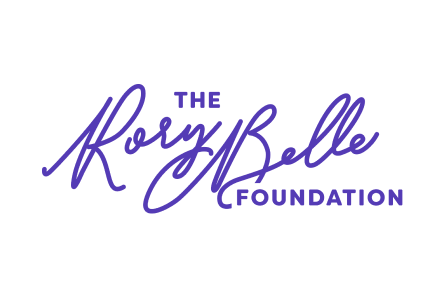The Rory Belle Foundation
Cycle 3
The NARS1 gene is responsible for creating proteins that help cells grow and develop throughout your body. A mutation or mutations on this gene leave those impacted with cognitive, physical, and neurological issues. It can cause speech delays, abnormal brain MRI's, difficulty balancing and walking, seizures, feeding issues, and many other symptoms.
Last updated 04/30/2025
Clinical
Disease Class
Genetic diseases
Inherited metabolic disorder
Neurological diseases
Body Systems
Digestive
Muscular / Skeletal
Nervous / Sensory
Organs
Bones
Brain
Ears
Eyes
Intestines
Liver
Mouth / teeth
Muscles
Nerves
Stomach
Known Genetic Link
Yes, one or more genes directly cause the condition
causative_genes
NARS1
contributory_genes
None specified / unknown
Type of Inheritance
Autosomal dominant
Autosomal recessive
De novo
Newborn Screening
No
Disease Mechanism(s)
Enzyme deficiency
Inherited metabolic disorder
Pathogenic mutation
Age of Onset
Adulthood (age 18-64)
Infancy (age 0-1)
Prebirth
Average Age at Diagnosis
Adulthood (age 18-64)
Early childhood (age 1+-5)
Infancy (age 0-1)
Life Expectancy
Adolescence (12-17)
Adulthood (age 18-64)
Early childhood (age 1+-5)
Affected Sex(es)
Female
Male
National Prevalence
11-50
Global Prevalence
51-100
National Incidence
Less than 10
Global Incidence
Less than 10
Populations and/or ancestry with higher prevalence
There appears to be founder homozygous autosomal recessive variants that are expressed in several families of Libyan and Pakistani origin.
Symptoms / Phenotypes
constipation
delayed ability to walk
diarrhea
functional motor deficit
growth delay / deficiency
hypertonia
hypotonia
kidney disease / nephropathy
liver disease
microcephaly
peripheral neuropathy
seizures / epilepsy
sensory processing disorder / sensory hypersensitivity
spasticity
speech problems / apraxia
vision problems
vomiting / nausea
Biomarkers
Diagnostic
· A variant identified in NARS1
Monitoring
· EMG
Existing Therapies
FDA-Approved for Symptom Relief
· seizure, (treatment and rescue) spasticity, agitation, GI, medications
Other
· OT, PT, Speech therapy
Organizational & Research
Cell Lines
Fibroblasts
iPSCs
Other
Plasma
Cell Lines, Institution
Applied StemCell, Inc
COMBINEDBrain
University College London (UCL)
Vanderbilt University
Cell Lines, Involvement
Consulted
Funded
Own
Cell Lines, share
All our cell lines are freely available
Disease Model
Mouse
Disease Model, Involvement
Consulted
Funded
Own
Disease Model, share
Some of our disease models are freely available
Clinical Trial Role
Outcome measures, development
Recruitment and outreach, patients
Recruitment and outreach, trial sites/physicians
Biobank, Institution
Van Andel Institute
Biobank, Involvement
Consulted
Designed
Funded
Own
Center of Excellence, Institution
None
Registry
Yes, we have collaborated on a registry
Data Collected, Registry
Clinical data
Genetic data
Medication usage
Patient contact info
Patient-reported data
Data Entered by, Registry
Patients
Platform, Registry
RARE-X
Natural History Study
No, we do not have a natural history study, but we plan to create or collaborate on one
FDA Patient Listening Session
No
FDA Patient-Focused Drug Development (PFDD) Program
No
ICD Codes
No, we do not have any ICD codes
Diagnostic Guidelines
No
Science Advisory Board Policies
Yes, willing to share SAB policies
Research Network Policies
Has CRN but no policies
Research Roadmap
Yes we have a Research Roadmap, and will share policies
International Chapters
None
International Partners
None
